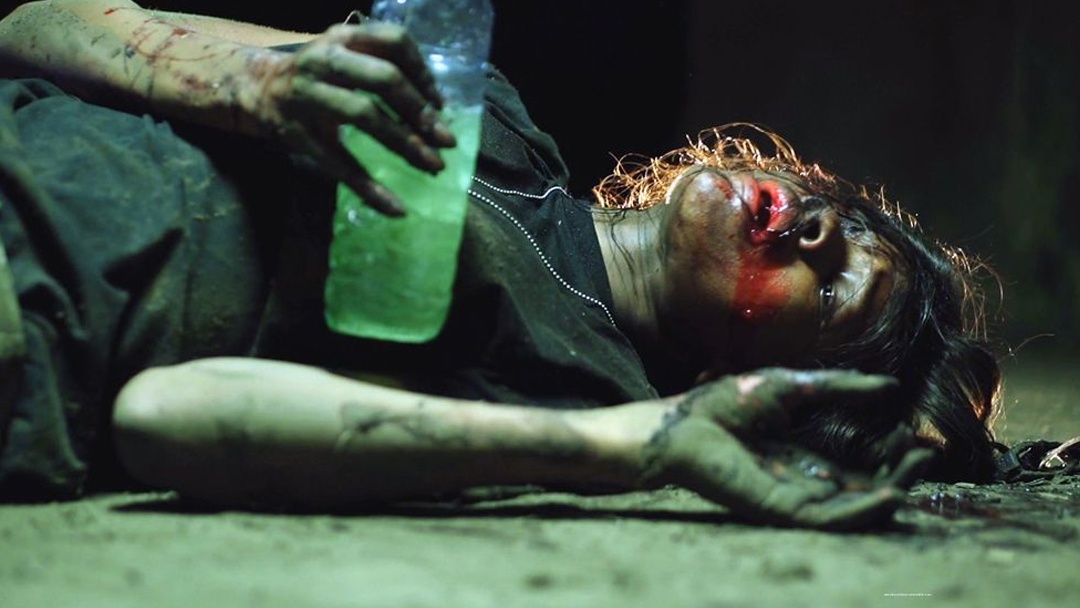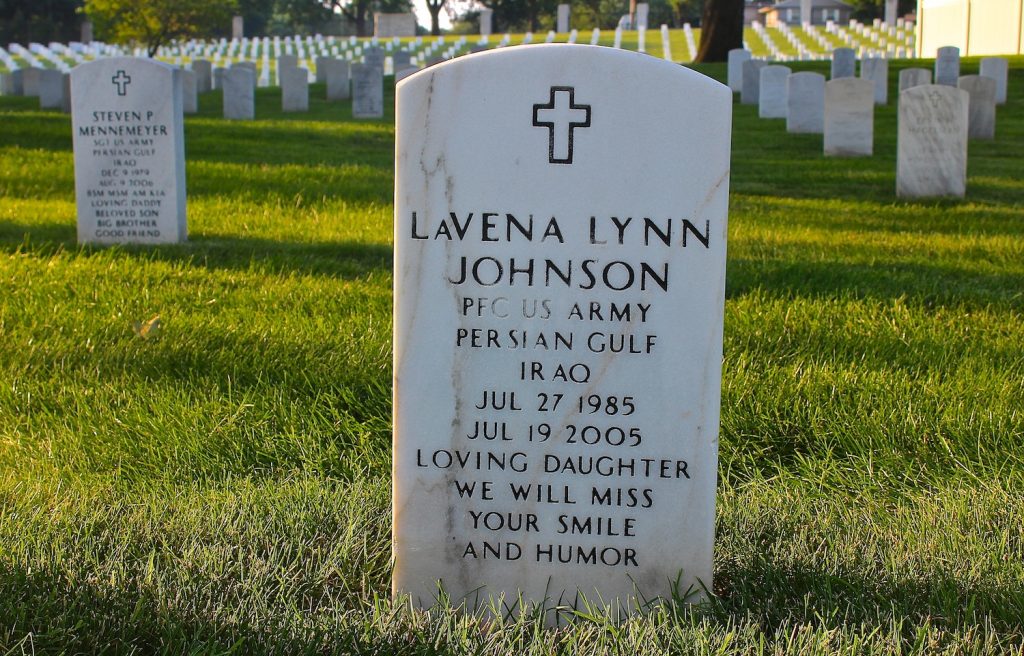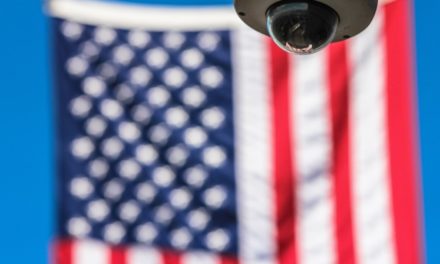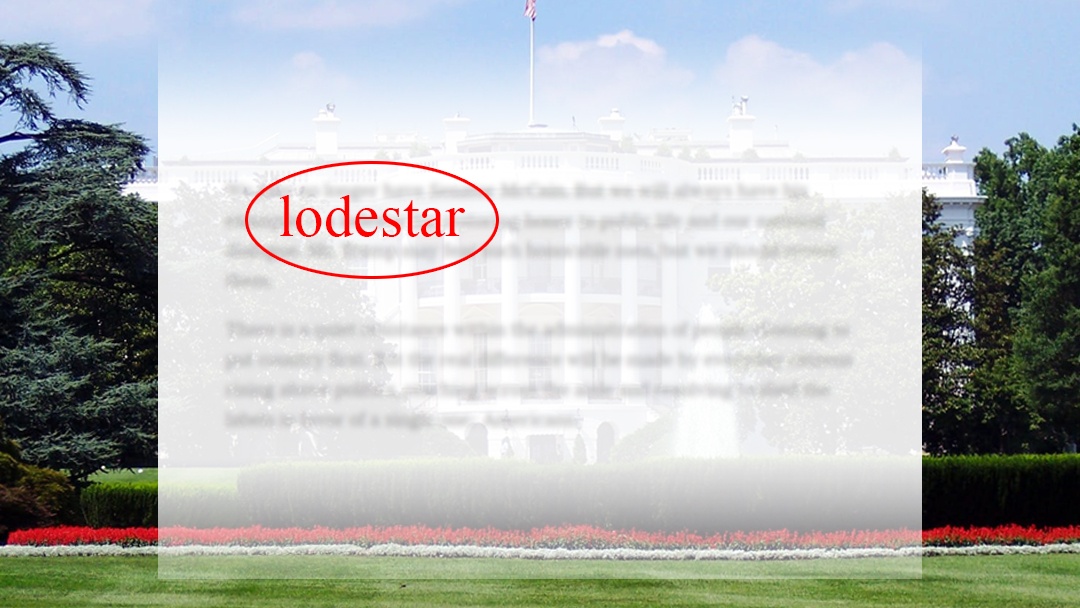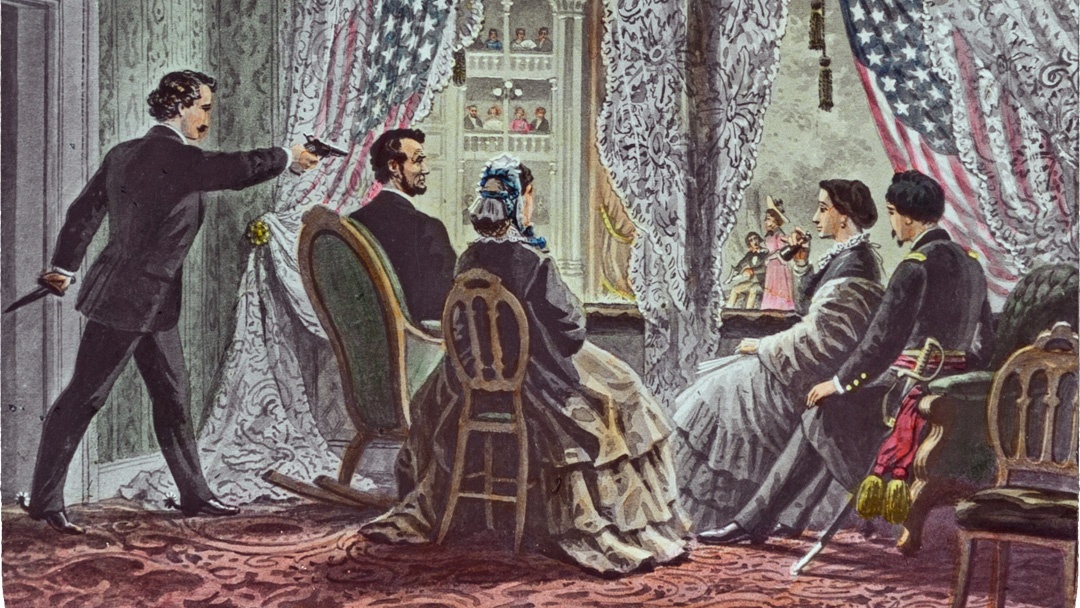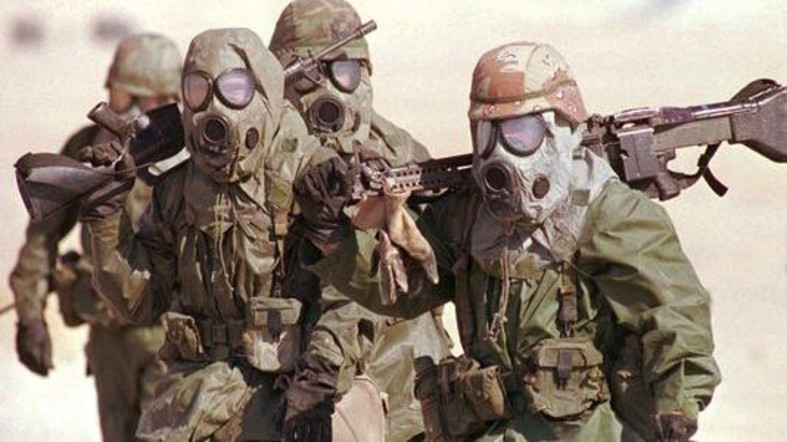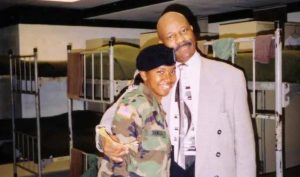 LaVena Johnson was a soldier who had just completed basic training, and had began settling into duty in Iraq. The army says she shot herself with her own rifle the night of July 19, 2005.
LaVena Johnson was a soldier who had just completed basic training, and had began settling into duty in Iraq. The army says she shot herself with her own rifle the night of July 19, 2005.
She was known to be a bright and spirited girl, so there was nothing to suggest that she would turn her gun on herself and take her own life. However, army life far away from home can have it’s own unique stresses–so we can’t say it’s impossible.
Mostly, we hear from totally opposite perspectives, comments that come from different worlds. The military says that, regrettably, this young soldier just flipped out under life’s stresses, set a tent belonging to private contractor KBR on fire, and inside the tent turned an M-16 rifle on herself, ending her life. After their official investigation, the case was closed.
The family, and advocates skeptical of military justice, scoff at that conclusion. Her communications with family and friends were all upbeat with no suicidal warning signs. Some claimed that the Army’s story of how LaVena died had many missing pieces.
Many experts doubt the “exit wound” came from that firearm, and even residue tests from the Army doesn’t indicate LeVena handling the weapon. The bullet that killed her has never been found. Shouldn’t that slug have been located and tested to confirm what weapon killed her?
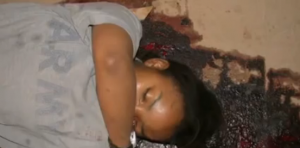 Even more bizarrely, her body showed signs of trauma, perhaps beating and violence, from her mouth to her back, as well as vaginal trauma that suggested rape. None of that happens from a gunshot to the head.
Even more bizarrely, her body showed signs of trauma, perhaps beating and violence, from her mouth to her back, as well as vaginal trauma that suggested rape. None of that happens from a gunshot to the head.
The army, even the Congress, decline to investigate her death further. Do we have input from a truly objective source? The Cold Case Investigative Research Institute, out of Atlanta, looked at this case long and hard. In the end, they said they had nothing new, and nothing “that suggested wrongdoing” on the part of the Army. There is currently no public record of the report from the CCIRI.
How did they reconcile the photos we’ve all seen on-line with the Army’s version of events? Did they speak with the persons close to LeVena just before her death? Do they disagree with forensic specialists, such as Cyril Wecht, who finds the facts of the shooting, from death-scene photos, troubling and contradictory? The questions about this case left un-answered are endless. We wonder if there will ever be justice for LaVena Johnson.
